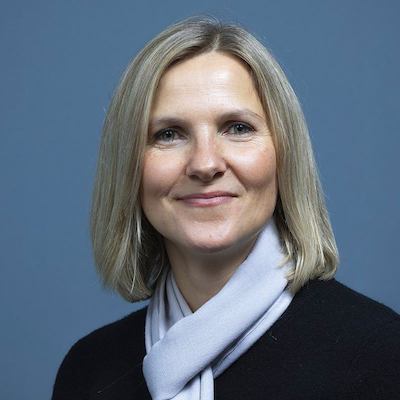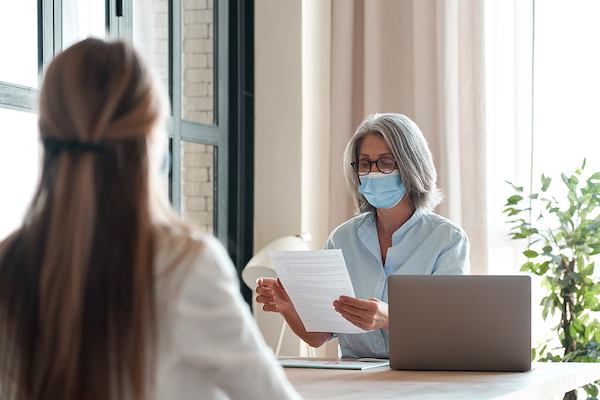It would not be an understatement to say that COVID-19 has tested every aspect of how we organise our lives, our services and our society. In the moment of crisis, citizens, services and professions have flexed and innovated to protect the most vulnerable and to ensure that those who need urgent care and support receive it.
Crucially though, COVID-19 has exposed gaps in our pandemic preparedness and in our knowledge of how to respond appropriately to minimise harm. Some of these gaps were unimaginable, such as the precise nature of effective intensive care to save lives. Some were avoidable, such as a lack of planning for critical care beds, morgue capacity and personal protective equipment. We have the prospect of a national inquiry ahead of us to understand and learn lessons.
Right now, we are facing a difficult winter with a second wave of COVID-19 as well as seasonal flu. And we are now acutely alert to how easily a novel virus can take a hold and cause havoc. For these reasons the Secretary of State has announced that he is creating a new National Institute for Health Protection (NIHP).
The NIHP will bring together the health protection responsibilities discharged by Public Health England (PHE) with the capabilities of NHS Test and Trace, and the Joint Biosecurity Centre ‘to ensure we have the best infectious disease control capability and is a global leader on dealing with pandemics or health protection crises.’ There is much to debate and question about the plans and the timing – and whether staff can maintain a focus on the issues of today amidst the uncertainty of where they will be working tomorrow.
However, leaving aside the NIHP, what has been left unclear is what is to happen to the other functions of PHE, such as health improvement and its knowledge and intelligence functions. In his speech to the Policy Exchange, the Secretary of State said, ‘levelling up health inequalities and preventing ill health is a vital and a broad agenda. It must be embedded right across government, across the NHS, in primary care, pharmacies, and in the work of every local authority.’


